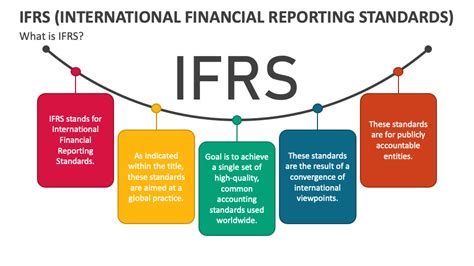Achieving long-term financial independence is a goal many aspire to, demanding diligent planning, strategic investments, and wise decision-making. While men often excel in wealth accumulation and aggressive investment strategies, there’s one pervasive financial mistake that frequently undermines their efforts and jeopardizes their financial security: the neglect of comprehensive risk management, particularly inadequate insurance coverage and insufficient estate planning.
The Overlooked Pillar: Risk Management
It’s common for men to focus intensely on growing their assets – investing in stocks, real estate, or business ventures – while inadvertently sidelining the vital task of protecting those assets and their future earning potential. This oversight isn’t about avoiding risk entirely, but rather failing to mitigate the devastating impact of unforeseen circumstances, such as illness, disability, premature death, or legal challenges.

The assumption is often that wealth accumulation alone will suffice, or that such unfortunate events won’t happen to them. This blind spot can leave individuals and their families incredibly vulnerable, turning a carefully constructed financial plan into a house of cards when unexpected life events strike.
Why This Mistake Persists
Several factors contribute to this common oversight. One significant reason is a pervasive sense of overconfidence or invincibility, leading many to believe they are immune to serious health issues or accidents. There’s also a strong cultural emphasis on providing and accumulating, often overshadowing the equally critical need to protect what has been built. The perceived cost of insurance policies or the discomfort of confronting one’s own mortality when discussing estate planning also play a role.
The Trap of Underinsurance
Many men are either underinsured or completely uninsured for critical risks. This typically manifests in a few key areas:
- Life Insurance: While often purchased, the coverage amount may be insufficient to replace lost income, pay off debts, fund children’s education, and provide for a surviving spouse for decades.
- Disability Income Insurance: This is arguably one of the most neglected but crucial forms of insurance. A long-term disability can instantly halt income generation, erode savings, and force asset liquidation, far more commonly than premature death.
- Critical Illness Insurance: Covering severe health conditions like cancer or heart attack, this insurance provides a lump sum payment that can ease financial burdens not covered by traditional health insurance.

The Absence of Estate Planning
Beyond insurance, a significant number of men neglect basic estate planning. This includes not having a legally sound will, failing to establish powers of attorney for finances and healthcare, and overlooking the benefits of trusts. Without these fundamental documents, an individual’s assets may not be distributed according to their wishes, potentially leading to lengthy and costly probate processes, family disputes, and significant tax liabilities. More importantly, it leaves loved ones in a precarious position during an already difficult time.

Consequences of Neglect
The repercussions of neglecting comprehensive risk management can be severe and far-reaching:
- Financial Hardship for Dependents: Inadequate life insurance can leave a surviving family struggling to maintain their lifestyle or achieve future goals.
- Erosion of Savings: A prolonged disability or critical illness without proper coverage can quickly deplete years of accumulated savings and investments.
- Loss of Control: Without a will or powers of attorney, decisions about assets, healthcare, and even guardianship of minor children may be left to the courts.
- Delayed Financial Independence: Any of these events can set back financial goals by years, or even decades, forcing a restart of wealth-building efforts.

Strategies to Safeguard Your Future
Overcoming this common mistake requires a proactive and holistic approach to financial planning:
1. Assess Your Needs Thoroughly
Periodically review your financial obligations, dependents’ needs, and potential liabilities. Understand how much income replacement your family would require if you were no longer able to work.
2. Prioritize Adequate Insurance Coverage
Don’t just get some insurance; get the right amount and types of insurance. This includes life, disability, critical illness, and potentially long-term care insurance. Consider group policies through work, but also explore individual policies to ensure comprehensive coverage.
3. Develop a Robust Estate Plan
Consult with an estate planning attorney to draft a will, establish powers of attorney, and explore trusts if appropriate for your situation. Ensure beneficiary designations on all financial accounts and insurance policies are up-to-date.
4. Seek Professional Guidance
A qualified financial advisor can help you integrate risk management into your overall financial plan, assess your insurance needs, and connect you with estate planning professionals. They can provide an objective view and help you address blind spots.

While the pursuit of financial independence is often characterized by ambitious growth strategies, true security lies in building a strong foundation that can withstand life’s inevitable challenges. By prioritizing comprehensive risk management, including adequate insurance and sound estate planning, men can ensure their long-term financial independence remains protected, providing peace of mind for themselves and their loved ones.




